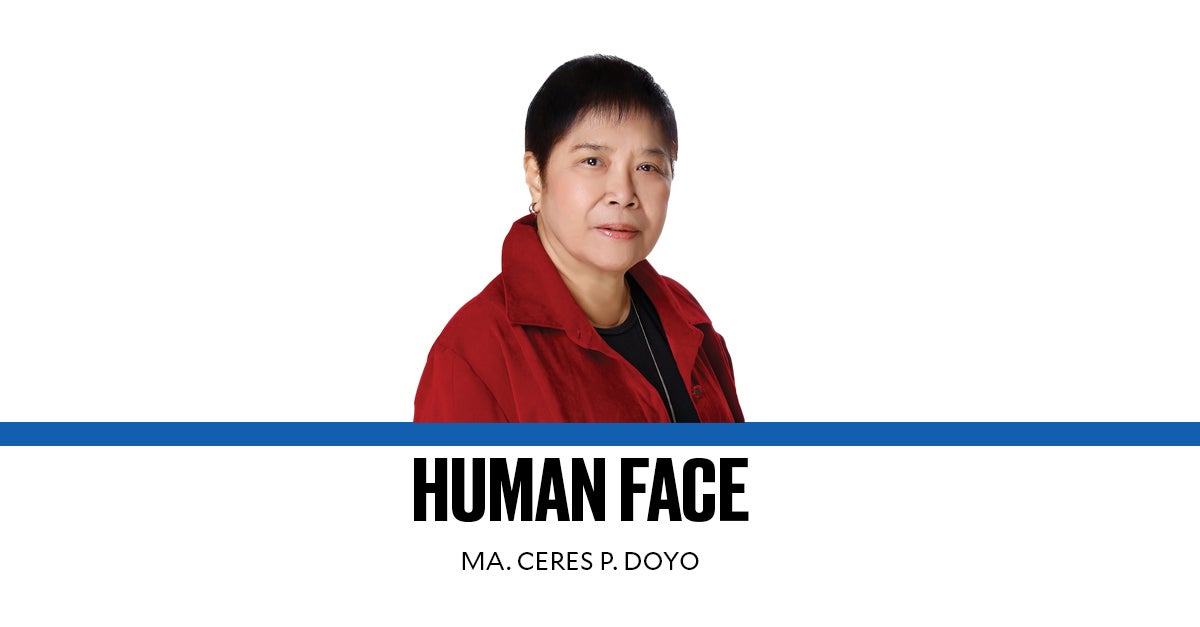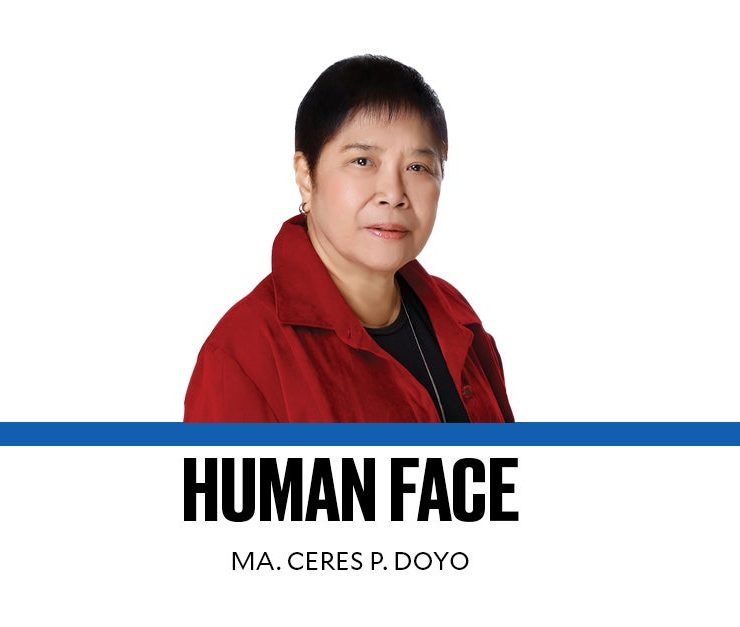The Hague, today’s Nuremberg

After former president Rodrigo Duterte was securely detained on March 11 at the Scheveningen Prison of the International Criminal Court (ICC) in The Hague, Netherlands to be tried for crimes against humanity, I looked up the pronunciation of Scheveningen. Accent on the first syllable with a guttural roll at the back part of the palate. Not easier to say than Nuremberg.
If you’ve watched the movie “Judgment at Nuremberg” or the mini-series version, you must have learned what an international trial court is and about atrocities committed by human beings against human beings. I remember reading in a German publication an article about the Nuremberg Trials Memorial and a bench—yes, a bench—on which accused war criminals of the Hitler era sat while they were being tried.
Wrote Klaus Grimberg: “This simple piece of furniture carries a tremendous symbolic power, as if justice and atonement have materialized in the hastily assembled wooden planks.” Among the accused who sat on it were Reichsmarschall Hermann Goering and Hitler’s deputy Rudolf Hess. The permanent exhibit is housed in the Palace of Justice in Nuremberg, Germany, in the legendary Courtroom 600 where the trials by the International Tribunal took place after World War II from Nov. 20, 1945 to Oct. 1, 1946.
“The Nuremberg Trials marked the beginning of international criminal law,” Grimberg wrote. “The Nuremberg Principles, established in 1950 by the United Nations, continue to be the foundations of modern international law. There is a straight line leading from Court Room 600 to the International Tribunal in The Hague.” Yes, The Hague, the site of the ICC headquarters where Duterte will be tried.
I did write about then President Benigno Aquino III signing the Rome Statute of the ICC that made the Philippines party to it. Human rights advocates in the Philippines had worked hard to see the Rome Statute signed and for the president to promptly endorse it for ratification by the Senate.
Aquino signed the Rome Statute on Feb. 28, 2011, and did a symbolic signing on March 7, before the transmission of the instruments of ratification to the Senate. Aquino also received then ICC president and judge Song Sang-hyun who met with some senators.
Song was surprised that Aquino had signed the Rome Statute even before their meeting, and the remarks Song had prepared for the occasion had to be quickly modified. At the dinner hosted by legal and human rights groups, Song said that the Philippines becoming a state party to the Rome Statute of the ICC “is an enormous gift to the future generation.” Prescience at work! Little did we know then what its impact would be in the present times.
The Rome Statute is the founding treaty of the ICC, the first permanent international court that is capable of trying perpetrators of genocide, crimes against humanity, and war crimes. The ICC represents one of the world’s most significant ways to prevent or drastically reduce the deaths and devastation caused by conflicts.
Created in 2002, the ICC is now a fully functional judicial institution, with all of the senior officials of the court in place. Civil society played a crucial role in its creation with the Philippines becoming the 117th nation to become a state party to the ICC. Ratifying the Statute meant joining the global movement to end impunity. The Philippines had been actively engaged in the United Nations Diplomatic Conference of Plenipotentiaries on the Establishment of an ICC in 1998.
The ICC is an independent court and is not a part of the UN or any political body. It is a purely judicial institution that observes the highest standards of fairness and due process. Song stressed that the ICC is a court of last resort that steps in if national courts are unwilling or unable to carry out genuine investigations and prosecutions.
Under the Rome Statute, the national jurisdictions retain the primary responsibility to prosecute atrocity crimes, but they must ensure domestic capacity to do so. Song said: “One of the great achievements of the Rome Statute is the strong emphasis it puts on the position of victims. Hundreds of victims are already participating in the ongoing trials through their legal representatives even when they are not called as witnesses. The ICC also has the power to order reparations to victims—including restitution, compensation, and rehabilitation.”
Proud to say that one of our own, former law dean Raul Pangalangan, served as ICC judge from 2015 to 2021.
What do you know? Duterte withdrew the Philippines from being a state party to the ICC in 2018 which took effect in 2019. This was at the height of his war on drugs that saw thousands felled through extrajudicial killings and execution-style murders. Without due process.
The ICC is the international community’s instrument of choice in the global fight against impunity, but Duterte would rather that the ICC looked the other way. Lady Justice took off her blindfolds and look where it got him. Say, Scheveningen.
—————-
Send feedback to cerespd@gmail.com


















